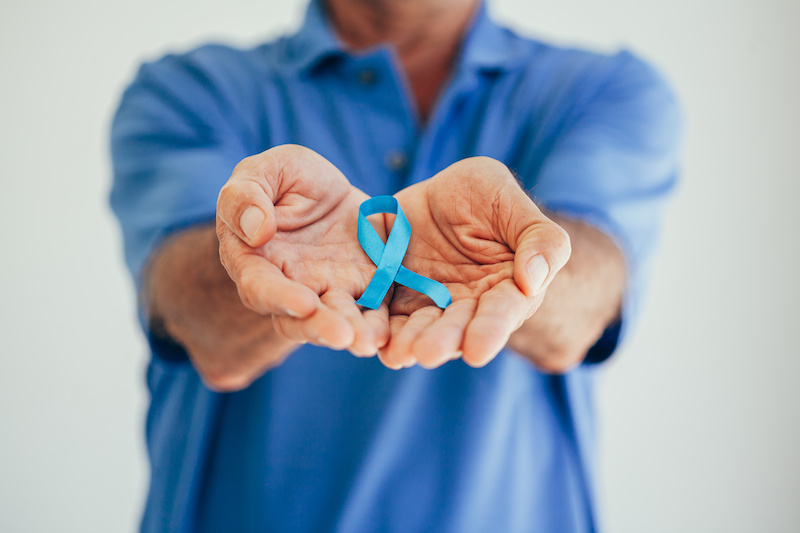
New Brunswick, N.J., September 1, 2022 – Prostate cancer is the most common type of cancer among men in the United States aside from skin cancer, according to the Centers for Disease Control and Prevention (CDC). Because prostate cancer is so common, men and their loved ones need to educate themselves about prostate health, know that prostate exams are important and shatter the stigma and shame associated with the disease so that more men can seek help if they need to. Thomas L. Jang, MD, MPH, FACS, chief of urologic oncology and director of the Testicular Cancer Program at Rutgers Cancer Institute of New Jersey shares more.
First, know your body. The prostate is a gland in the male reproductive system located just below the bladder and in front of the rectum. It is about the size of a walnut and surrounds part of the urethra (the tube that empties urine from the bladder). The prostate gland produces fluid that makes up part of semen.
Know the risks and symptoms. While the exact cause of prostate cancer may not be known, studies have found that several factors increase the risk of developing the disease. Typically, those over the age of 50 are more likely to develop prostate cancer. A man’s risk is also higher if an immediate blood relative, such as a father or brother, has had prostate cancer. Additionally, race is a factor as the disease is more common in Black men than white men.
In most prostate cancer cases, symptoms are not noticeable in early stages of the disease. Symptoms in more advanced prostate cancer can include a change in the frequency or strength of urination, painful or burning urination, blood in urine, difficulty having an erection, painful ejaculation, or blood in semen. Men exhibiting symptoms should see their doctor or an urologist.
Get checked. Prostate abnormalities can be detected with an elevation in a protein in the blood called prostate specific antigen (PSA) or through a digital rectal exam (DRE) where a doctor feels the prostate through the rectal wall to check for lumpy areas. It is recommended men begin talking to their doctor about the benefits of prostate cancer screening at the age of 45. Men at higher risk (Black men or those with a family history) should talk to their doctor starting at age 40.
Shatter the Stigma
Prostate cancer often has a stigma associated with it. It’s not unusual for men to feel shameful or ‘less of a man’ because of the prostate glands function linked with sexual performance. Women need to encourage the men in their lives to talk more openly about prostate health.
The Prostate Cancer Program at New Jersey’s leading cancer center and only NCI-designated Comprehensive Cancer Center together with RWJBarnabas Health focuses on the prevention, research and treatment of prostate cancer.
###
For journalists – contact:
Krista Didzbalis
Media Relations Assistant
732-507-8307
krista.didzbalis@rutgers.edu
For patient appointments/inquiries – contact:
844-CANCERNJ (844-226-2376)

